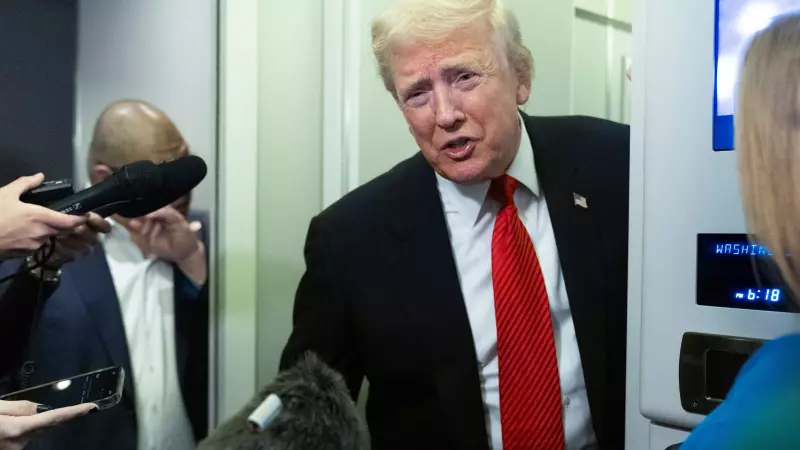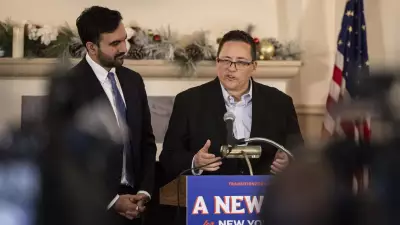
In a significant development that has captured national attention, former President Donald Trump will not be present at the upcoming Supreme Court hearing that could determine the fate of criminal cases against him related to the January 6 Capitol riots.
The Crucial Immunity Battle
The nation's highest court is set to hear arguments on whether former presidents enjoy absolute immunity from criminal prosecution for actions taken during their tenure. This landmark case stems from special counsel Jack Smith's investigation into Trump's alleged efforts to overturn the 2020 election results.
Trump's Legal Strategy
Despite his absence from the courtroom, Trump's legal team is preparing for what could be one of the most consequential constitutional battles in recent history. The former president has consistently maintained that he deserves complete immunity for his official acts while in office.
The timing of this case is particularly crucial, as it could potentially delay Trump's trial on election interference charges until after the November presidential election, where he is the presumptive Republican nominee.
What's at Stake?
- The fundamental question of whether presidents are above the law
- The timeline for Trump's criminal trial in Washington
- Potential implications for future presidential accountability
- The balance between executive power and legal oversight
Broader Political Implications
This legal showdown occurs against the backdrop of an increasingly contentious presidential campaign. The Supreme Court's decision, expected by late June, could dramatically reshape the political landscape and determine whether voters will see a verdict in the election case before they cast their ballots.
The absence of Trump from these proceedings doesn't diminish their historical significance, as the ruling will establish precedent for presidential accountability for generations to come.





